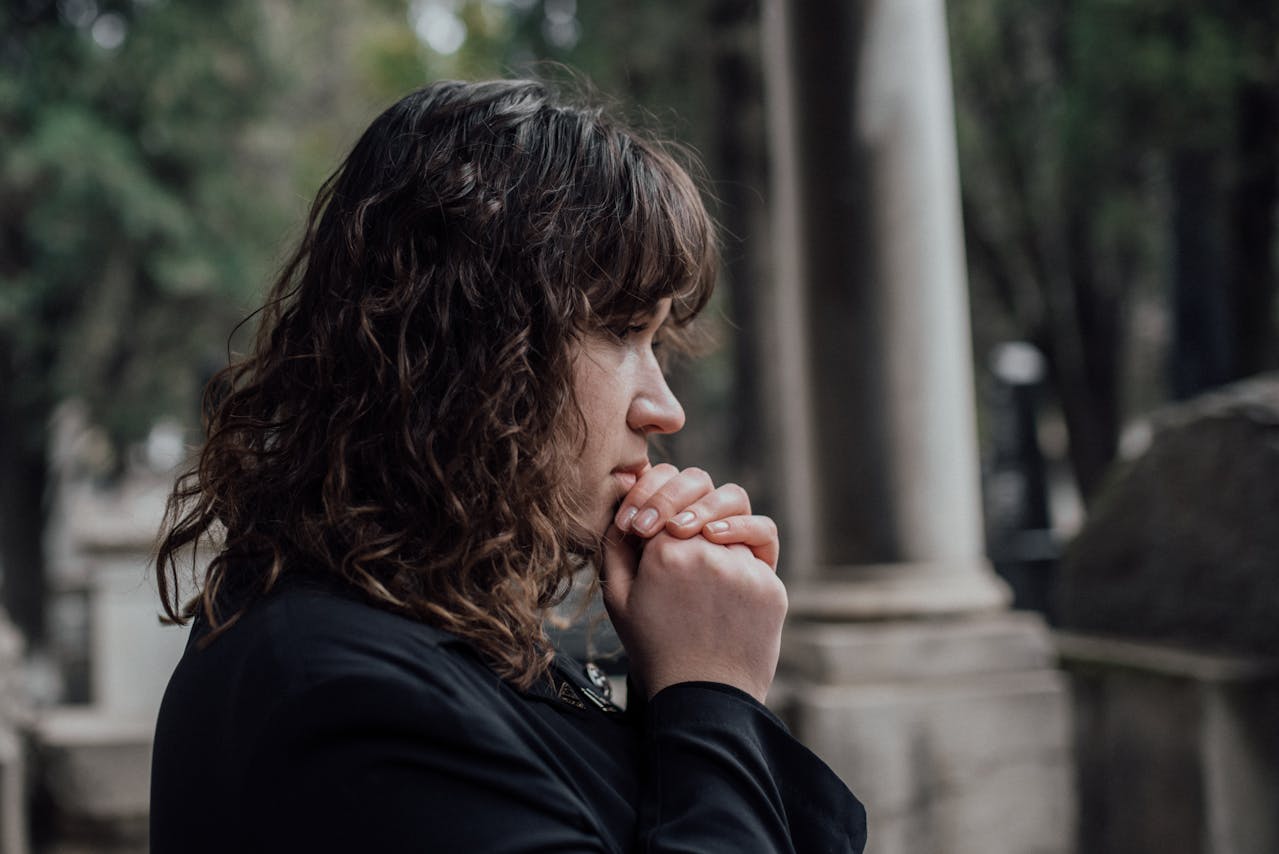
Unfortunately, grief is something that just about everyone experiences at some point. Grief is unique to each individual and something we each have to experience and process in our own way.
While grief can be extremely isolating and lonely, it can be reassuring to know that others have gone through the same thing. When others acknowledge your experience and let you know they care, it can ease the pain. Some people receive sympathy cards, flowers in the mail, or food deliveries to their front porch from loved ones, friends, and coworkers.
But what happens when the people in your life don’t take the time to acknowledge what happened? What if they’re unable to see how this loss has impacted you? This is what’s known as disenfranchised grief. Let’s learn more about this type of grief and what can help with it.
What Is Disenfranchised Grief?
As with other types of grief, disenfranchised grief occurs when a person experiences the loss of something or someone in their life that was important to them. What makes this form of grief unique is that the loss isn’t recognized or valued by others.
The Cause
Disenfranchised grief is more often seen in communities or populations that are deprived of certain rights, privileges, or opportunities due to their gender, race, or economic class. Below are some of the main reasons why someone may experience disenfranchised grief:
- Lack of understanding from the community
- The loss is not public information, so the community is unable to show support
- The relationship wasn’t seen as long-lasting or meaningful
- Their grieving process isn’t considered socially acceptable
Situations That Can Bring On Disenfranchised Grief
Everyone handles grief differently, and people grieve for different reasons. Many different types of loss can cause someone to grieve, but it isn’t always easy for people who haven’t experienced that loss to empathize. Below are some of the types of relationships and experiences that can lead to disenfranchised grief when they involve loss:
- A family member in prison
- Abortion
- Abusive partner
- Citizenship
- Client
- Closeted LGBTQIA+ partner
- Coach
- Community members, even if they weren’t directly known
- Estranged family member
- Friend on social media
- Friends with benefits
- Giving up a child for adoption
- Health
- Mentor
- Miscarriage
- Non-immediate family member
- Pet
- Possessions
- Rights
- Sense of safety
- Suicide
- Stigmatized conditions such as AIDS
- Stillbirth
- Teacher
Treatment Options
Disenfranchised grief can lead to even greater feelings of loneliness than are common after a loss. Not feeling like you have the understanding and support of people who care about you is hard for anyone.
It’s important to know that no matter what grief you’re struggling with, you’re not alone. Let’s explore some ways that you can try to cope with disenfranchised grief.
Allow Yourself to Feel
The grieving process includes feeling a variety of emotions. You may feel sad, angry, or guilty. You may even experience moments of happiness from thinking about specific memories relating to the loss. Instead of trying to ignore these feelings, allow yourself to feel them and acknowledge them so you can work on processing them.
Conduct a Ritual
Retirement parties, wakes, funerals, and even breakup or divorce parties are common. Consider hosting a ritual for yourself or the people in your life that you love and trust so that you can try to get the closure that you need.
Seek Additional Support
Grief therapy can help provide a safe and secure space for you to work through your various thoughts and feelings relating to grief. Plus, an outside third party can help to provide fresh insight and perspective. We’re ready to explore your thoughts and emotions when you are. Reach out today to get started.

